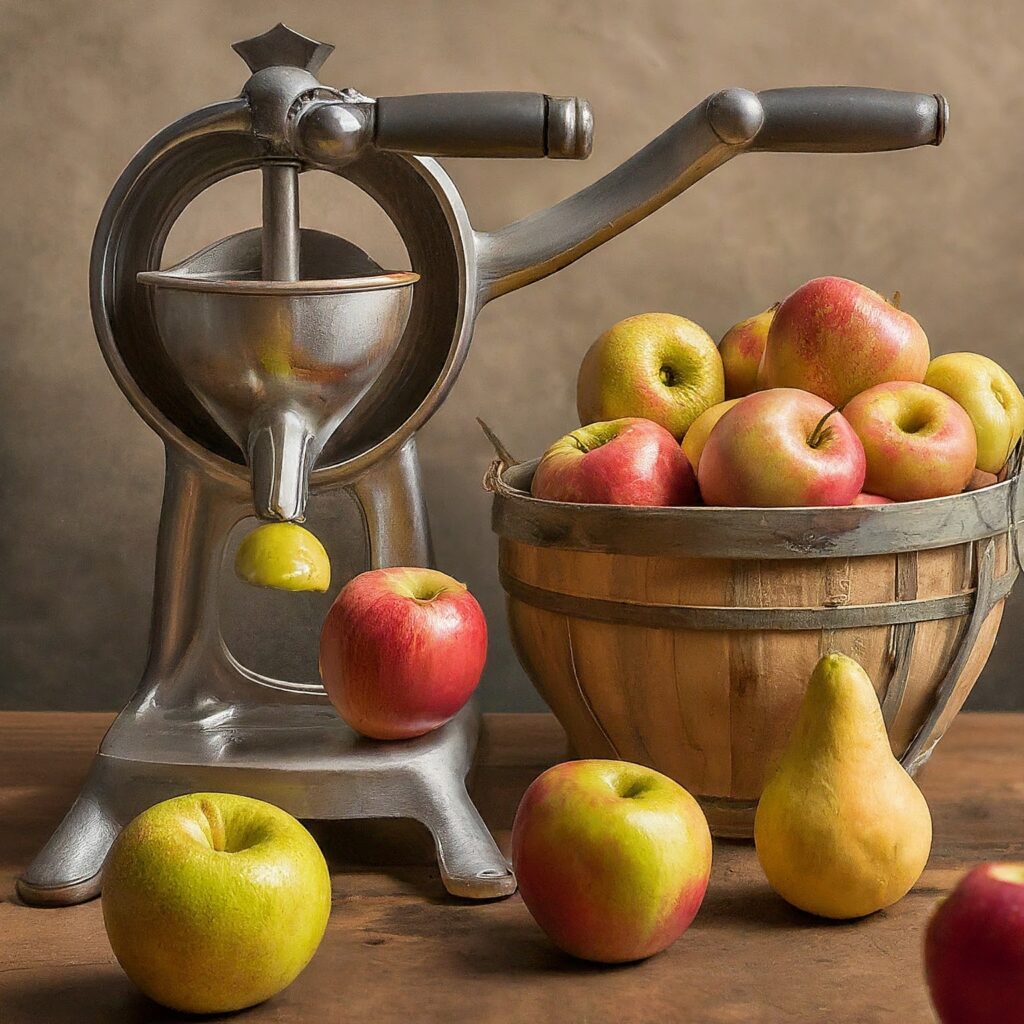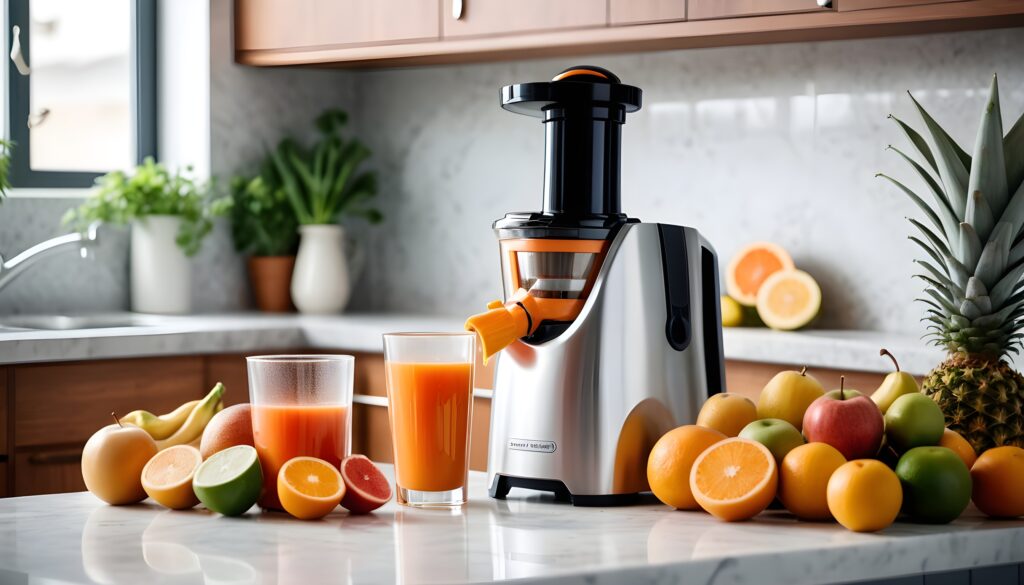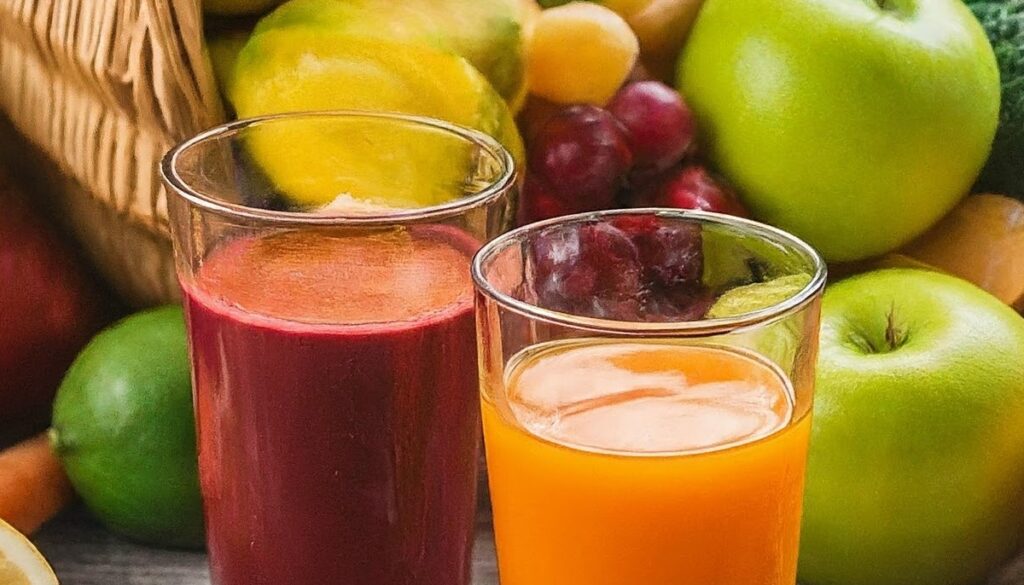Juicing has become a popular trend, touted for its health benefits and ease of incorporating fruits and vegetables into your diet. But alongside the hype, a question lingers: Does juicing take away the nutritional value of your favorite produce?
The answer, like most things in life, isn’t a simple yes or no. Let’s dive deeper into the world of juicing and explore its impact on nutrition.
The Power of Juice: Concentrated Vitamins and Minerals
One of the biggest advantages of juicing is its ability to concentrate vitamins, minerals, and phytonutrients (plant chemicals with health benefits) from fruits and vegetables. This can be a great way to get a quick boost of essential nutrients, especially if you struggle to eat enough whole fruits and vegetables.
Imagine juicing a handful of spinach and kale. In juice form, you’re getting a concentrated dose of vitamins A, C, and K, along with beneficial antioxidants, all in a single easy-to-consume drink.
The Fiber Factor: What Juicing Leaves Behind
While juicing packs a vitamin punch, there’s a crucial component missing: fiber. Fiber, the roughage found in fruits and vegetables, plays a vital role in digestion, promoting gut health and keeping you feeling fuller for longer.
During juicing, most of the fiber gets separated from the juice. This can lead to a rapid rise in blood sugar levels, especially with fruit juices high in natural sugars. The absence of fiber also means you might miss out on some key nutrients bound to fiber in the whole fruit or vegetable.
Juicing vs. Whole Foods: Weighing the Options
So, should you ditch the juicer altogether? Not necessarily. Juicing can be a helpful tool to:
- Increase fruit and vegetable intake: If you find it challenging to eat enough whole produce, juicing can be a way to sneak in extra servings.
- Support digestion: Certain vegetable juices, like those made with celery or cucumber, can be hydrating and aid digestion.
- Post-workout boost: A light fruit and vegetable juice can be a refreshing way to replenish electrolytes after exercise.
However, it’s important to remember that juicing shouldn’t replace whole fruits and vegetables in your diet. Here’s why:
- Fiber Power: Fiber is essential for gut health, regulating blood sugar, and keeping you feeling satisfied.
- Nutrient Balance: Whole fruits and vegetables offer a broader spectrum of nutrients, including those lost during juicing.
- Chewing Benefits: Chewing whole foods promotes satiety and helps manage portion control.
Making the Most of Juicing
If you enjoy juicing, here are some tips to maximize its nutritional benefits:
- Focus on Vegetables: Vegetables are generally lower in sugar than fruits and pack a higher fiber content, even after juicing.
- Go Green: Leafy greens like kale and spinach are loaded with vitamins and minerals.
- Mix it Up: Don’t just juice fruits. Explore vegetable combinations for a more balanced nutrient profile.
- Pair with Whole Foods: Enjoy your juice alongside a healthy snack with fiber, like nuts or whole-wheat crackers.
The Final Squeeze: Juicing as Part of a Balanced Diet
Juicing can be a healthy addition to your diet, but it shouldn’t be the sole source of your fruits and vegetables. To reap the full benefits of these powerhouses, focus on incorporating a variety of whole fruits and vegetables into your meals and snacks. Consider juicing as a way to boost your nutrient intake, not a replacement for a balanced diet.pen_sparktunesharemore_vert


